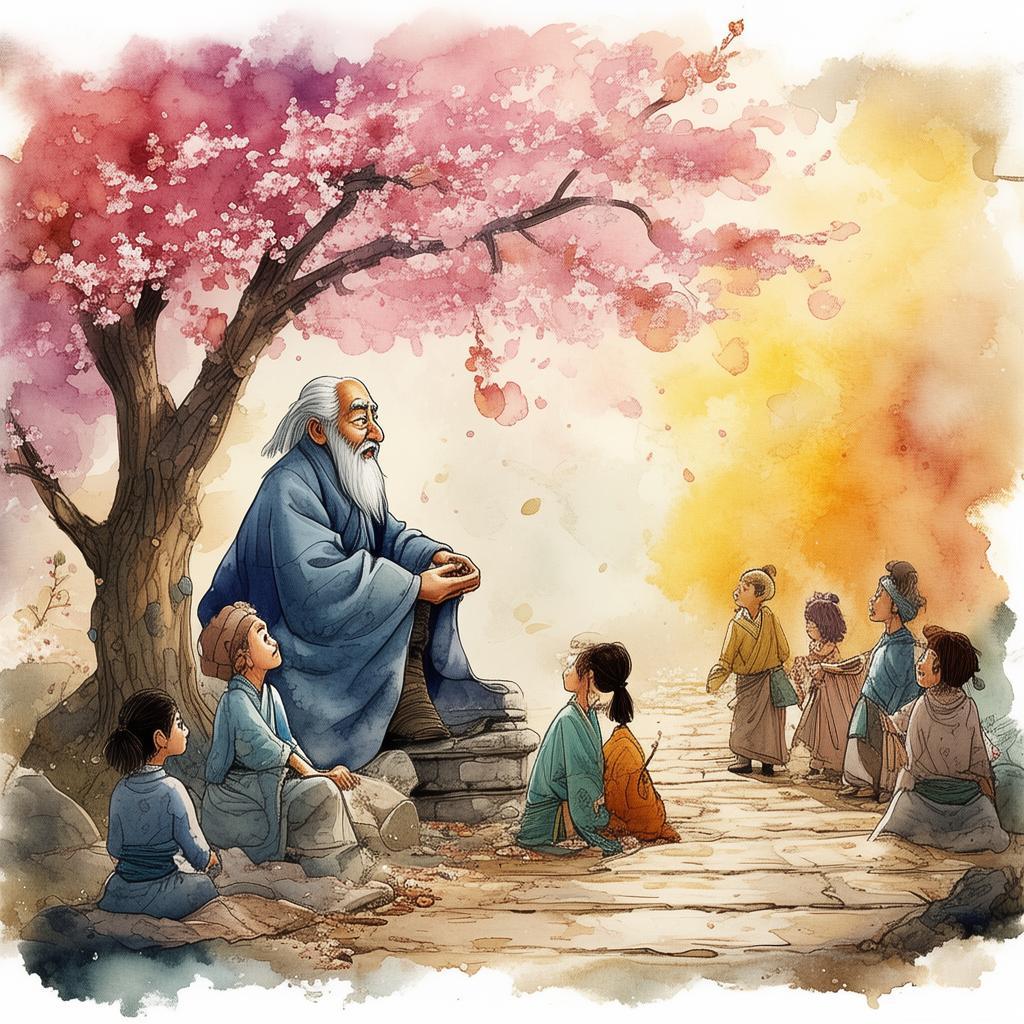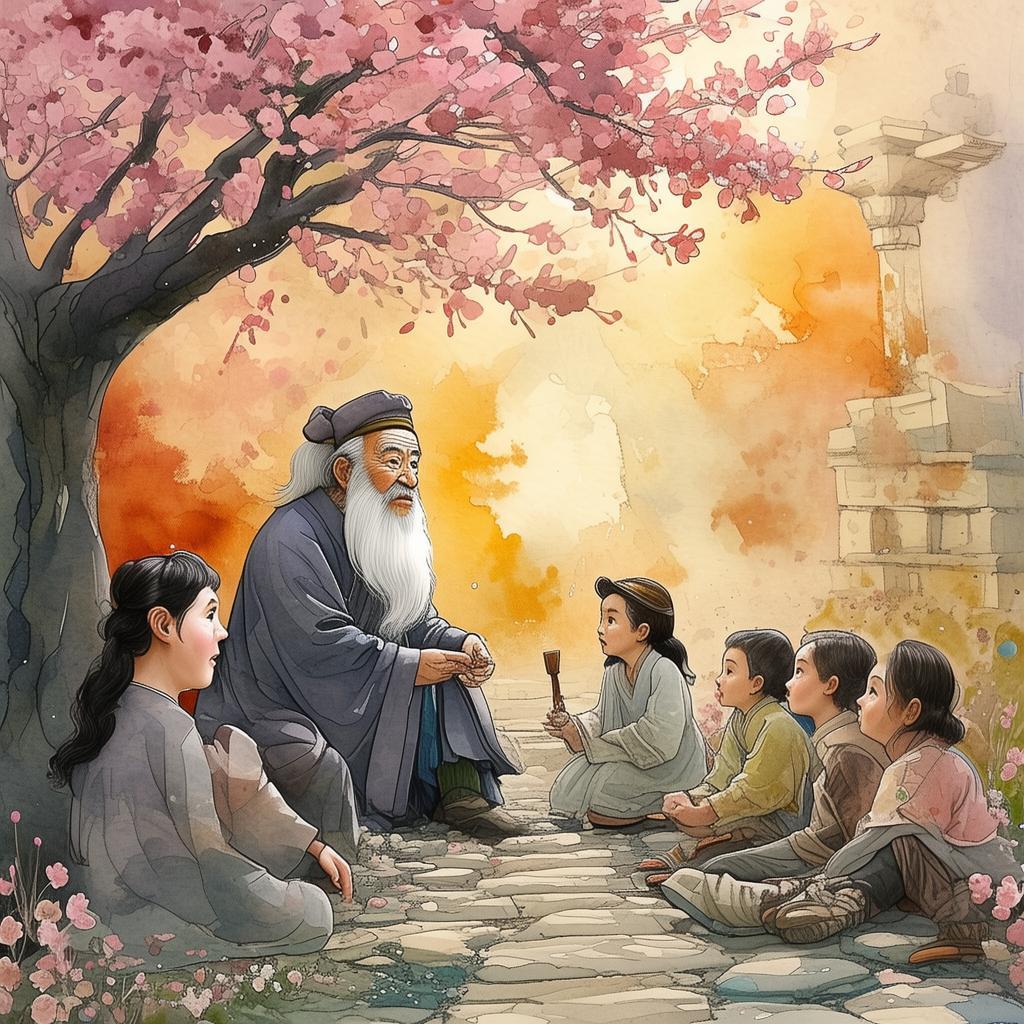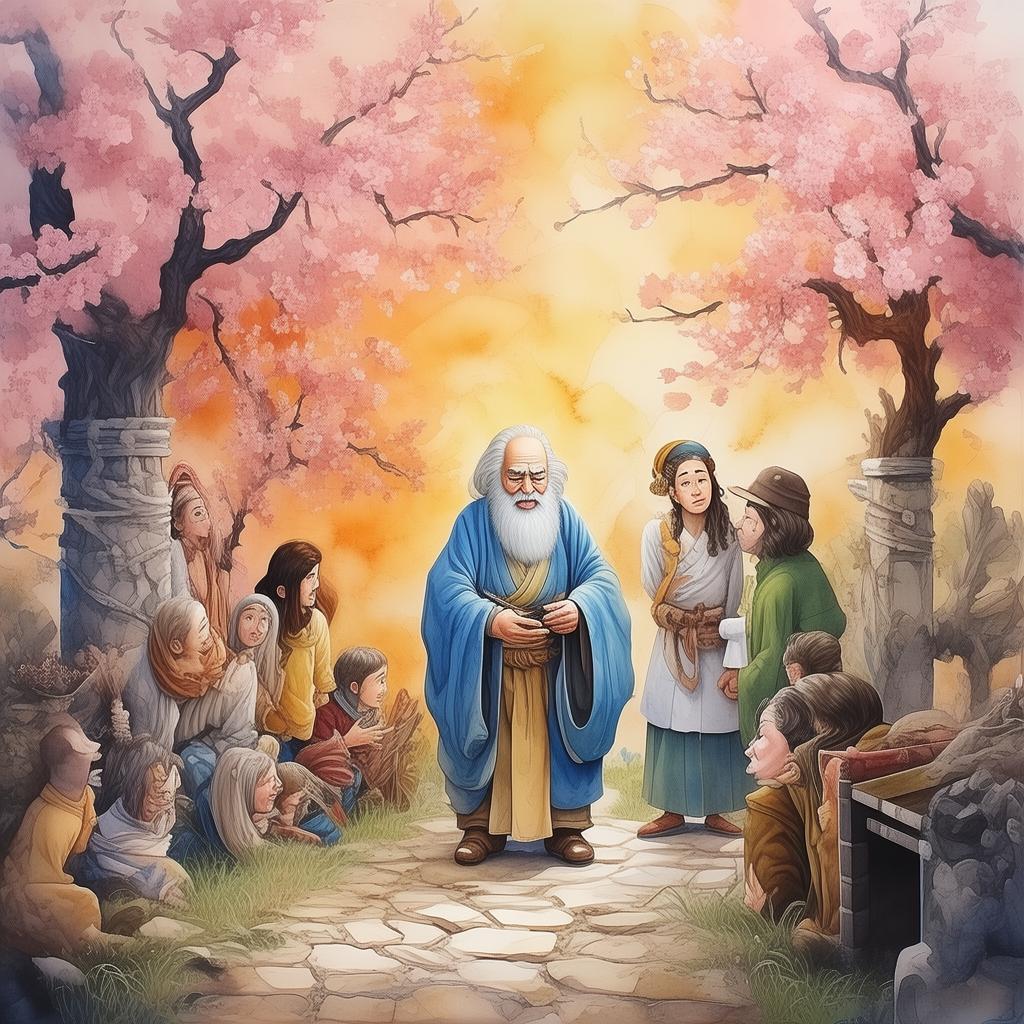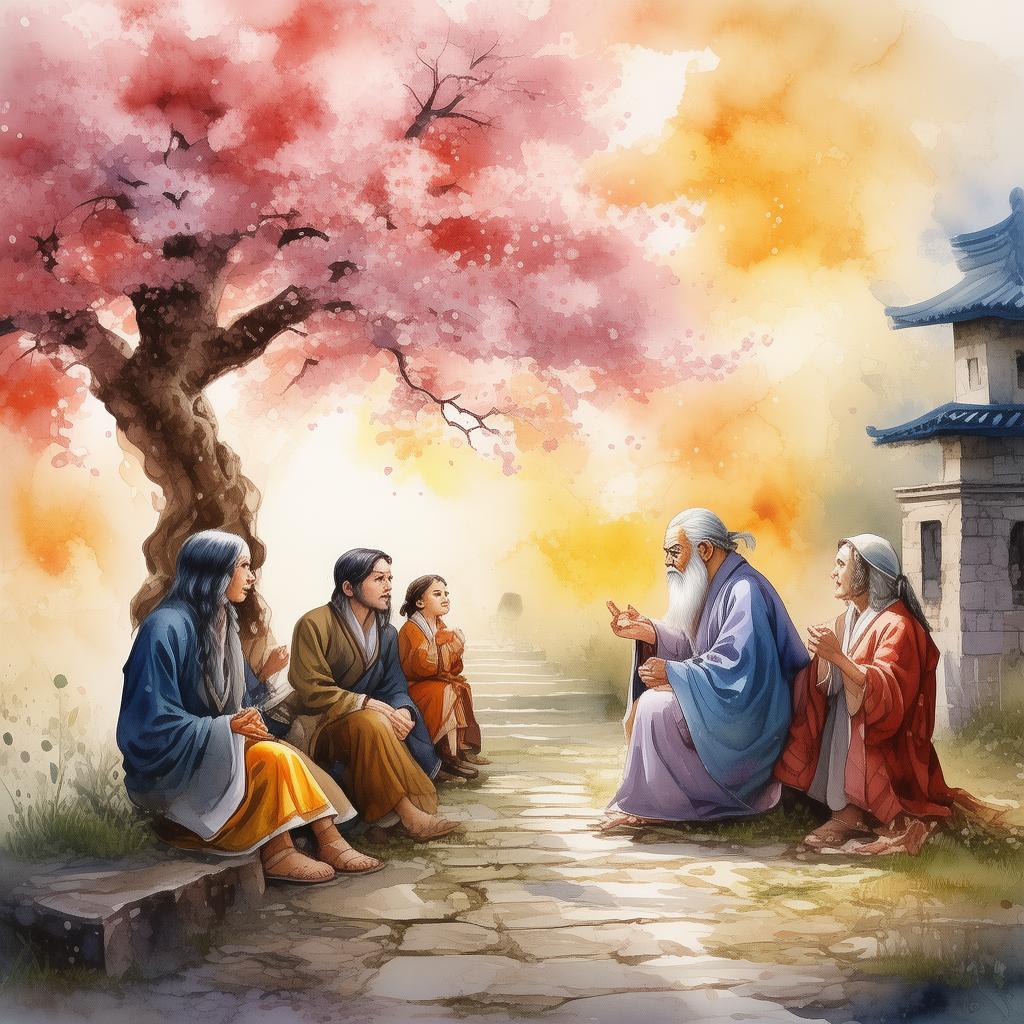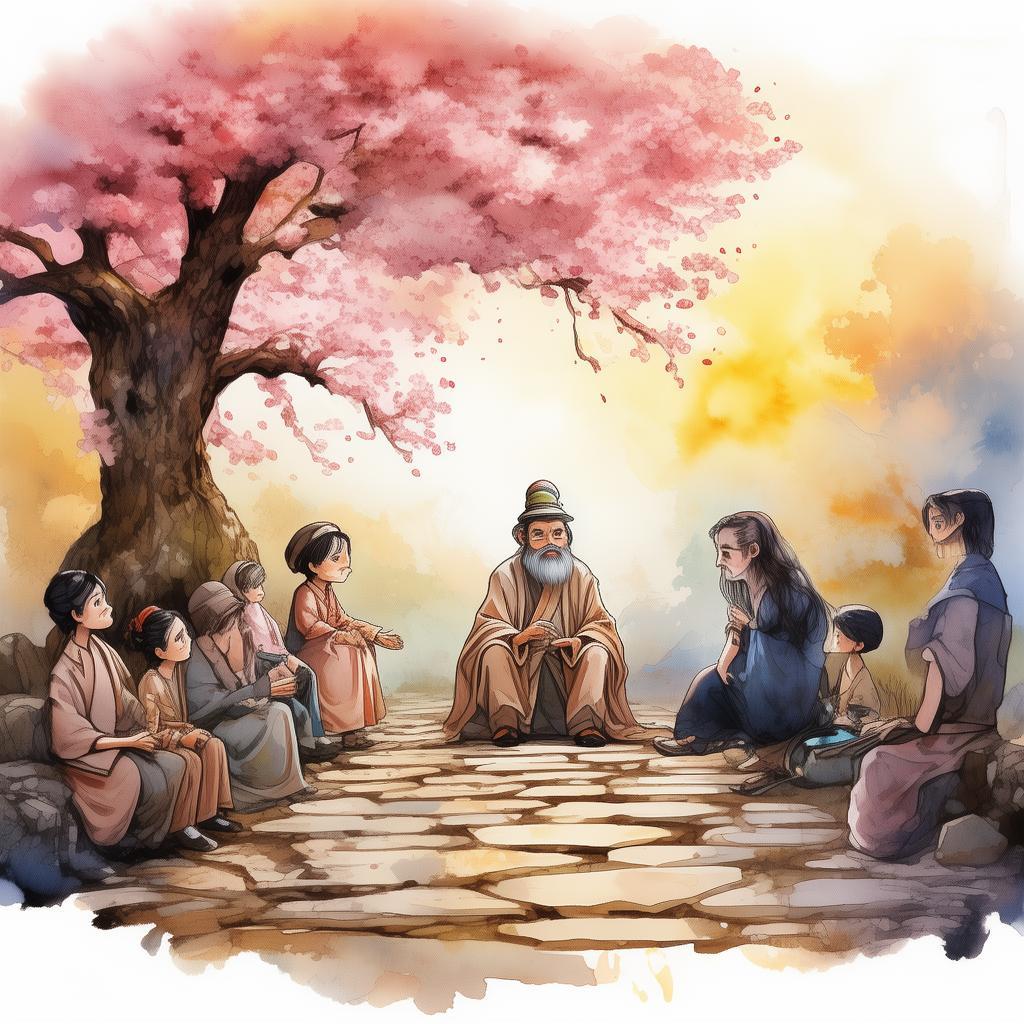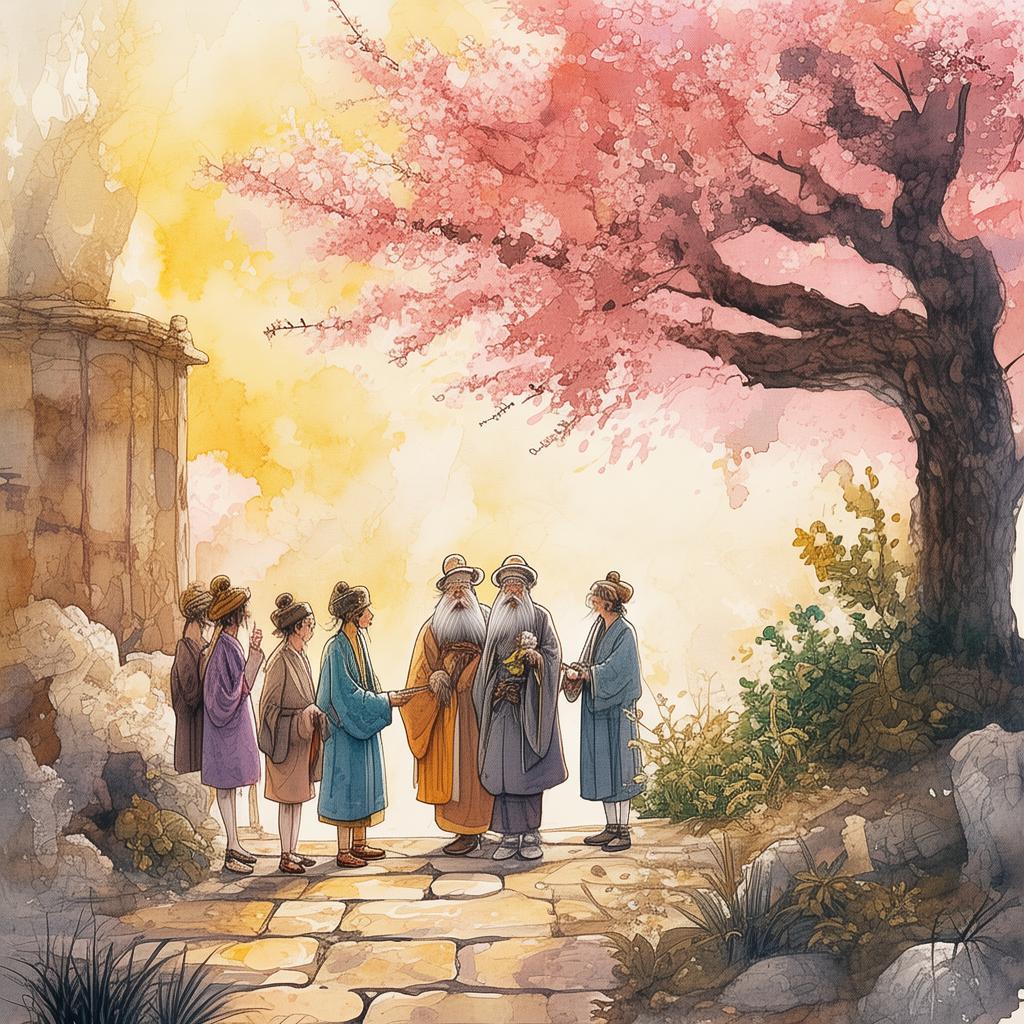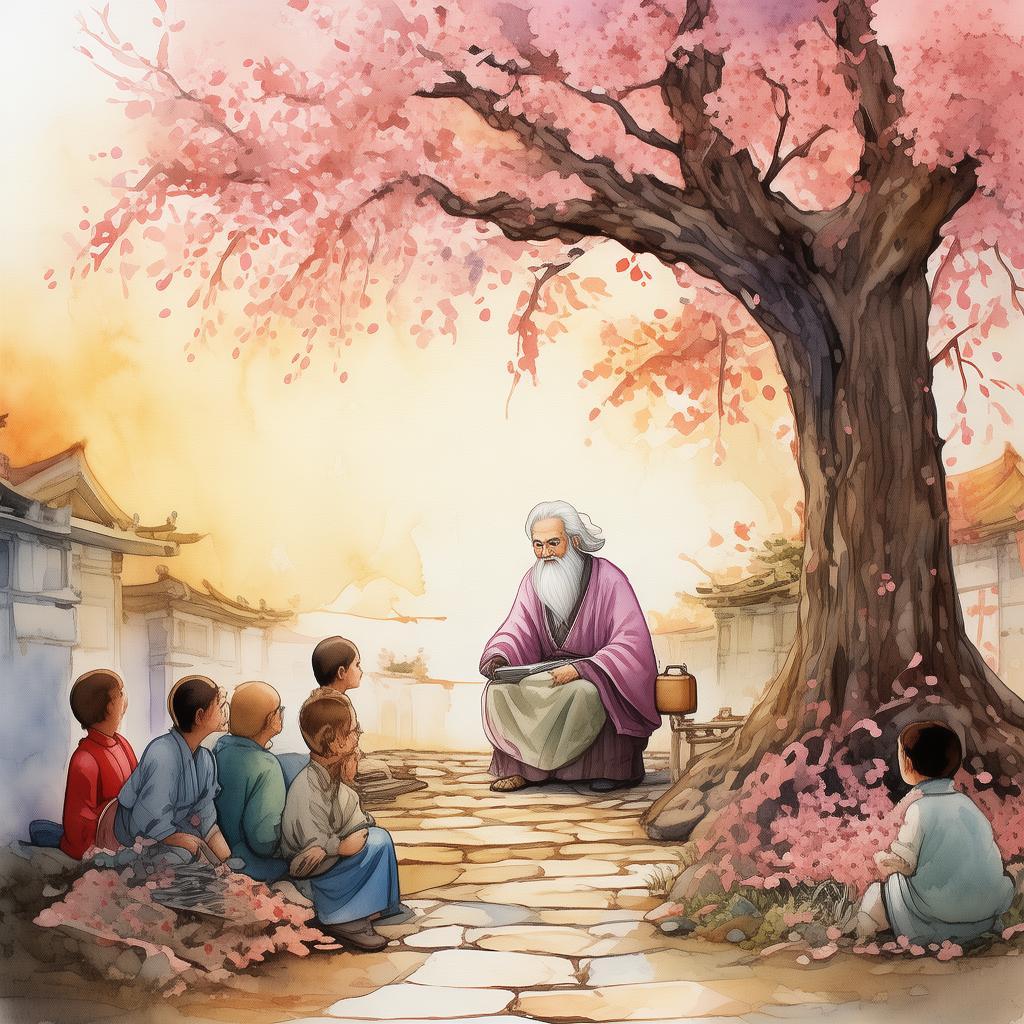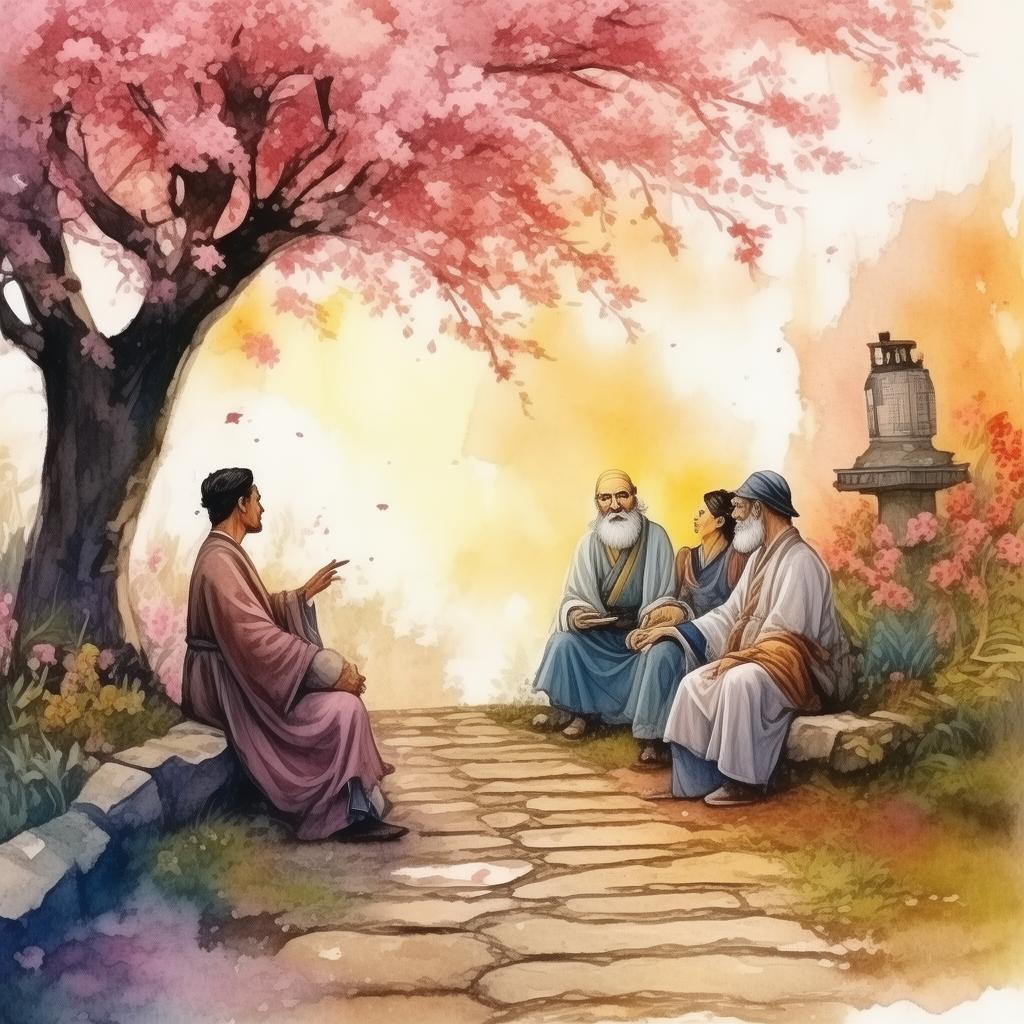The Fable of the Blindfolded Elephant: The Parable of Perception
In a land long forgotten, there stood a grand temple where the people of the village gathered to see the Great Elephant. The elephant was a marvel of the land, so large and mysterious that its presence was both awe-inspiring and daunting. The villagers, though they had seen the elephant, knew little of its true nature.
One day, the village elder, wise and respected, decided it was time to share the fable of the elephant with the people. He began his tale with great solemnity, and the villagers gathered around, eager to hear the wisdom he would impart.
The elder spoke of a group of blind men who were to see the elephant for the first time. The king, wanting to test the men's perception, had them touch different parts of the elephant and then describe what they had seen.
The first man, who felt the elephant's side, declared, "The elephant is like a wall, strong and unyielding." The second man, who touched the elephant's tail, exclaimed, "No, the elephant is like a rope, flexible and long." The third man, who had his hands on the elephant's leg, said, "The elephant is like a tree, sturdy and strong."
The fourth man, who had his fingers in the elephant's ear, declared, "The elephant is like a fan, broad and flapping." The fifth man, who felt the elephant's trunk, said, "The elephant is like a snake, long and slithery."

Each man, in his turn, returned to the king, confident in his description. But when they were asked to share their experiences with each other, they found their descriptions at odds, and they could not agree on what the elephant truly was.
The elder concluded his tale with a profound truth: "Thus it is with life and with understanding. Each of us, limited by our own perspectives, can only know a part of the truth. Our understanding is like the blind men's descriptions of the elephant. We see only what we touch, and we may never see the whole."
The villagers were struck by the elder's words. They realized that their own understanding of the world was like that of the blind men, limited and potentially misleading. The elder's tale was a parable for the limitations of perception and the importance of seeking a broader perspective.
As the people of the village reflected on the elder's story, they began to question their preconceived notions. They realized that what they believed to be true about the world might be only a part of the whole, and that their understanding was shaped by their own experiences and biases.
The fable of the blindfolded elephant became a symbol of the need for open-mindedness and the understanding that true wisdom comes from seeing the world from multiple viewpoints. The villagers, inspired by the elder's words, sought to expand their own perspectives and to appreciate the diversity of life and thought.
In the years that followed, the village thrived as a community that valued knowledge and sought to understand the world from as many angles as possible. The fable of the blindfolded elephant was not just a story, but a guiding principle, reminding them that perception is a fragile thing and that wisdom is found in the journey to understand the whole elephant, not just one part of it.
The story of the blindfolded elephant serves as a timeless reminder that our understanding of the world is limited by our own experiences and perspectives. It is a call to broaden our horizons and to embrace the complexity of life. Through the lens of this fable, we are encouraged to look beyond the confines of our own perception and to seek a deeper, more inclusive understanding of the world around us.
✨ Original Statement ✨
All articles published on this website (including but not limited to text, images, videos, and other content) are original or authorized for reposting and are protected by relevant laws. Without the explicit written permission of this website, no individual or organization may copy, modify, repost, or use the content for commercial purposes.
If you need to quote or cooperate, please contact this site for authorization. We reserve the right to pursue legal responsibility for any unauthorized use.
Hereby declared.
